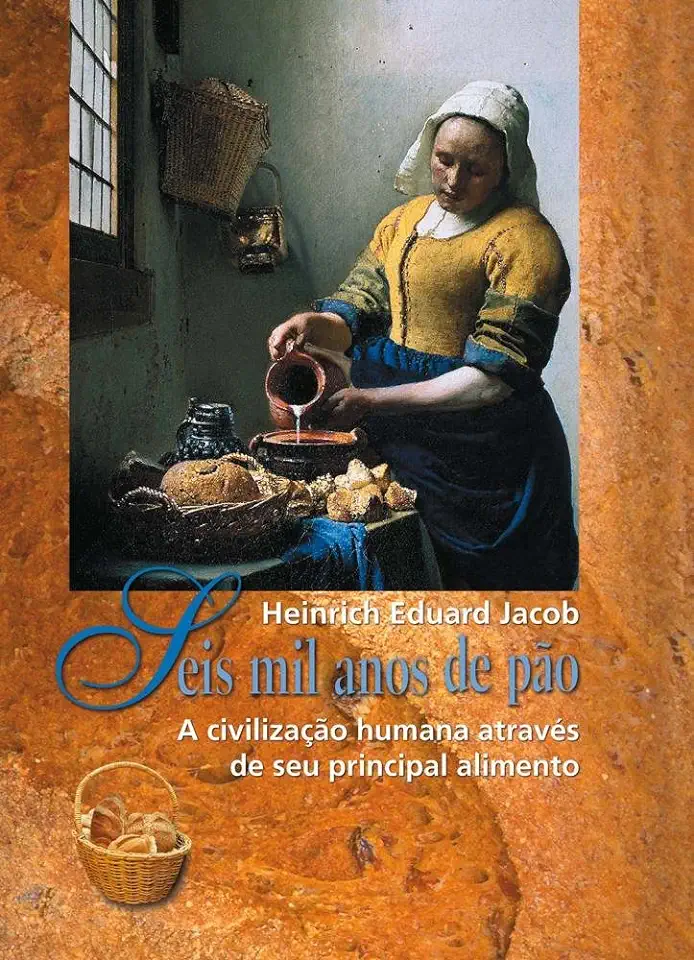
Six Thousand Years of Bread - Heinrich Eduard Jacob
Six Thousand Years of Bread: The History of the Staff of Life
In his book "Six Thousand Years of Bread," Heinrich Eduard Jacob takes readers on a fascinating journey through the history of bread, from its humble origins as a simple foodstuff to its central role in human culture and civilization. Jacob's comprehensive and engaging narrative spans six millennia, exploring the evolution of bread-making techniques, the cultural significance of bread in different societies, and the impact of bread on politics, economics, and religion.
The Origins of Bread
Jacob begins his exploration of bread's history by tracing its origins back to the Neolithic period, when humans first began to cultivate grains and experiment with baking. He describes the development of early bread-making methods, from the use of simple stone mortars and pestles to the invention of the first ovens. Jacob also discusses the role of bread in early religious rituals and its importance as a staple food for ancient civilizations.
Bread in the Ancient World
In the chapters that follow, Jacob delves into the role of bread in the ancient world, examining its significance in Egyptian, Greek, and Roman cultures. He explores the different types of bread consumed by these civilizations, the methods used to produce them, and the social and economic importance of bread in their societies. Jacob also discusses the role of bread in religious ceremonies and festivals, and its use as a symbol of hospitality and friendship.
The Middle Ages and the Renaissance
The book then moves on to the Middle Ages and the Renaissance, a period of great innovation and change in bread-making techniques. Jacob describes the development of new types of bread, such as sourdough and white bread, and the emergence of the first commercial bakeries. He also explores the role of bread in medieval society, including its use as a form of currency and its importance in the diets of both the wealthy and the poor.
The Modern Era
In the final chapters of the book, Jacob examines the history of bread in the modern era, from the Industrial Revolution to the present day. He discusses the impact of industrialization on bread production, the rise of mass-produced bread, and the changing role of bread in modern society. Jacob also explores the recent revival of interest in traditional bread-making methods and the growing popularity of artisanal breads.
A Comprehensive and Engaging History
"Six Thousand Years of Bread" is a comprehensive and engaging history of one of the world's most important foods. Heinrich Eduard Jacob's meticulous research and engaging writing style make this book a must-read for anyone interested in the history of food, culture, and civilization.
Why You Should Read This Book
If you are interested in learning more about the history of bread, then "Six Thousand Years of Bread" is the book for you. Jacob's comprehensive and engaging narrative will take you on a journey through time, exploring the evolution of bread-making techniques, the cultural significance of bread in different societies, and the impact of bread on politics, economics, and religion. You will learn about the origins of bread, its role in the ancient world, the Middle Ages and the Renaissance, and the modern era. You will also discover the recent revival of interest in traditional bread-making methods and the growing popularity of artisanal breads.
"Six Thousand Years of Bread" is a must-read for anyone interested in the history of food, culture, and civilization. It is a fascinating and informative book that will leave you with a new appreciation for this humble yet essential foodstuff.